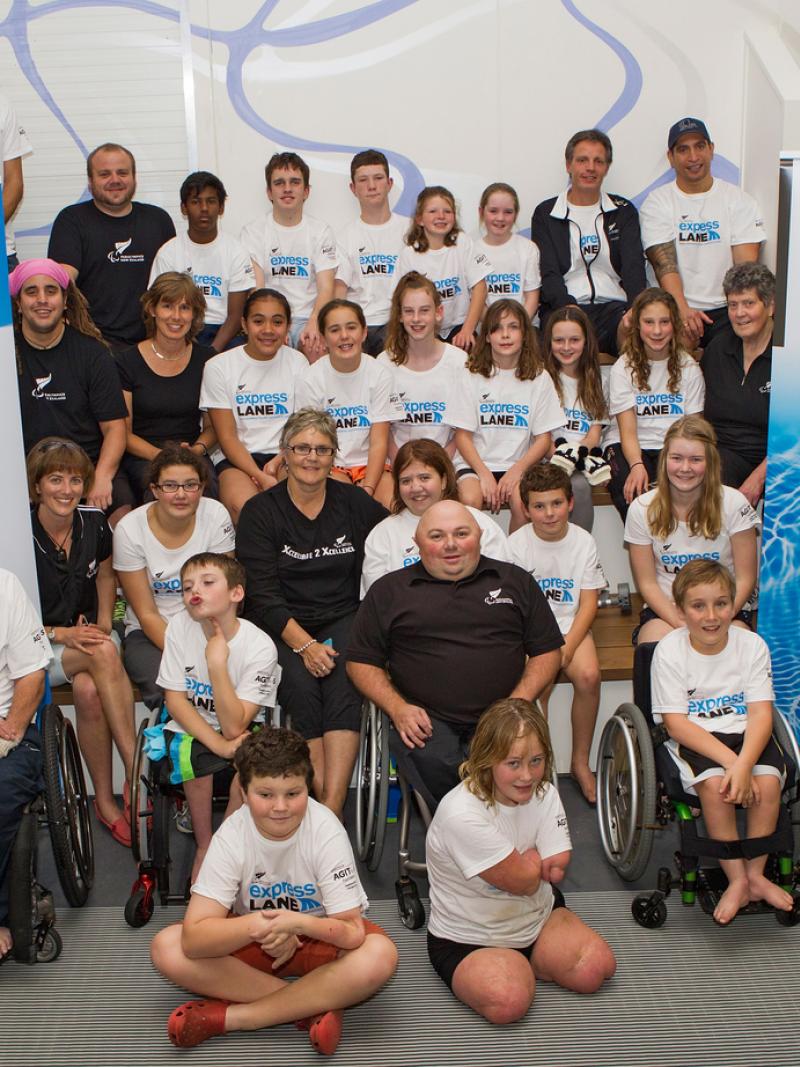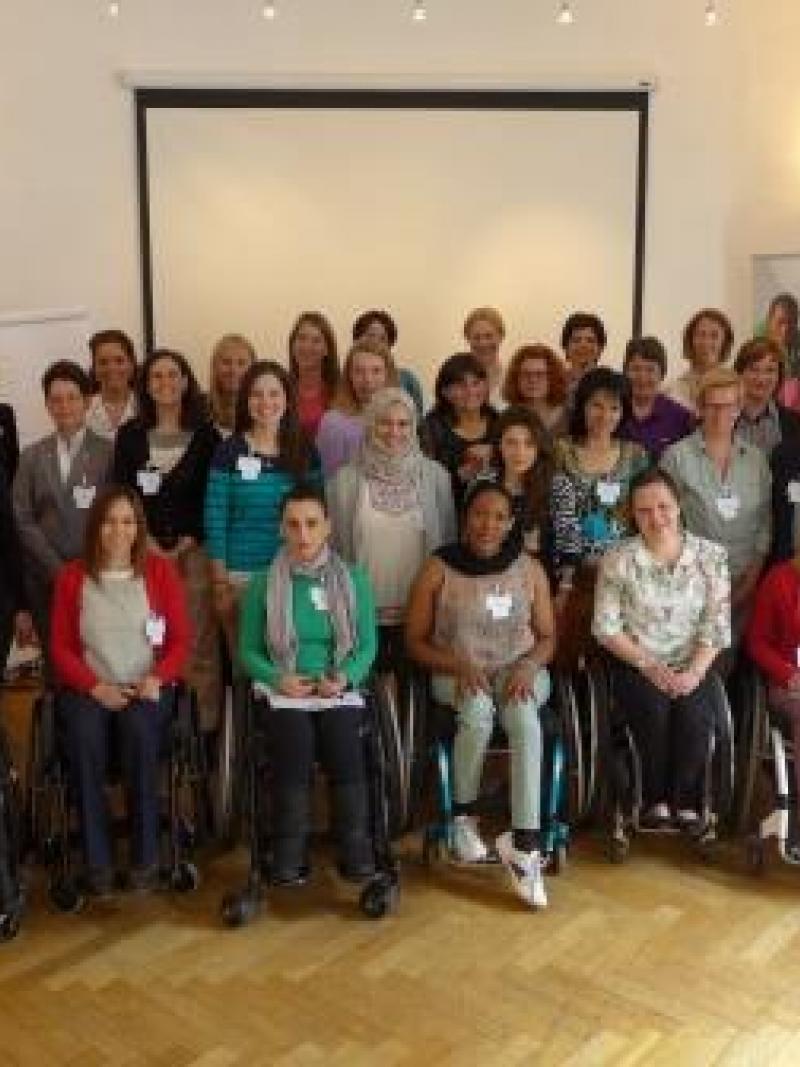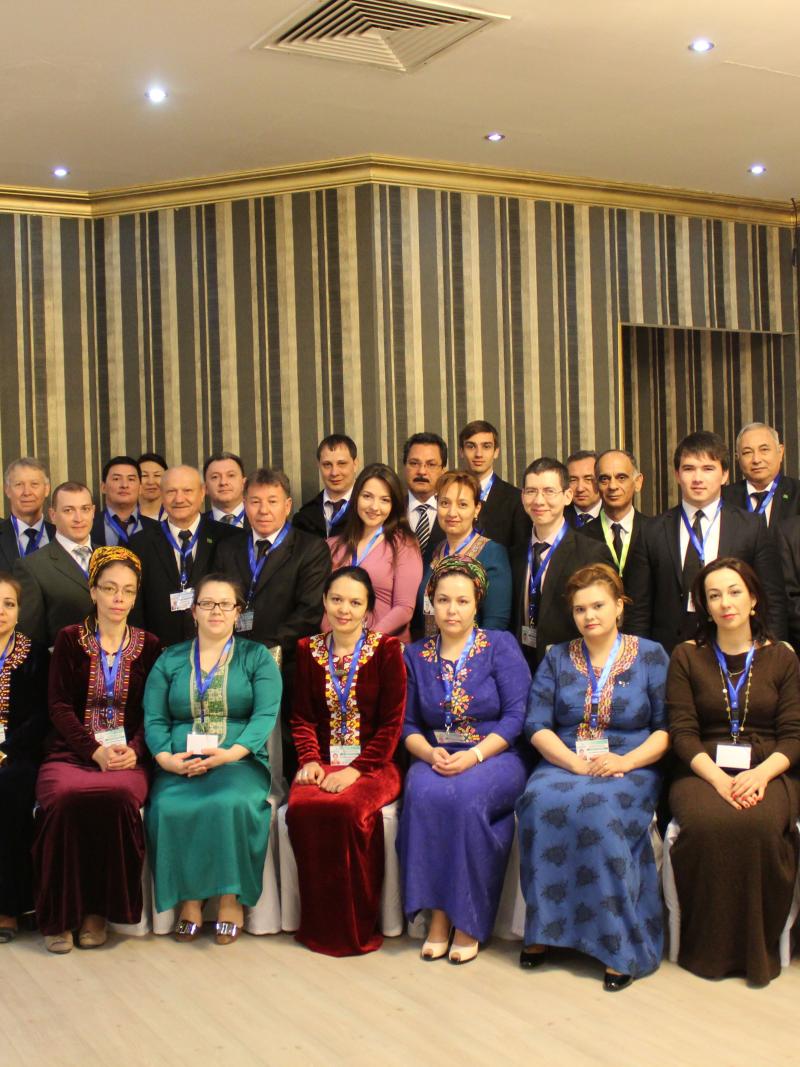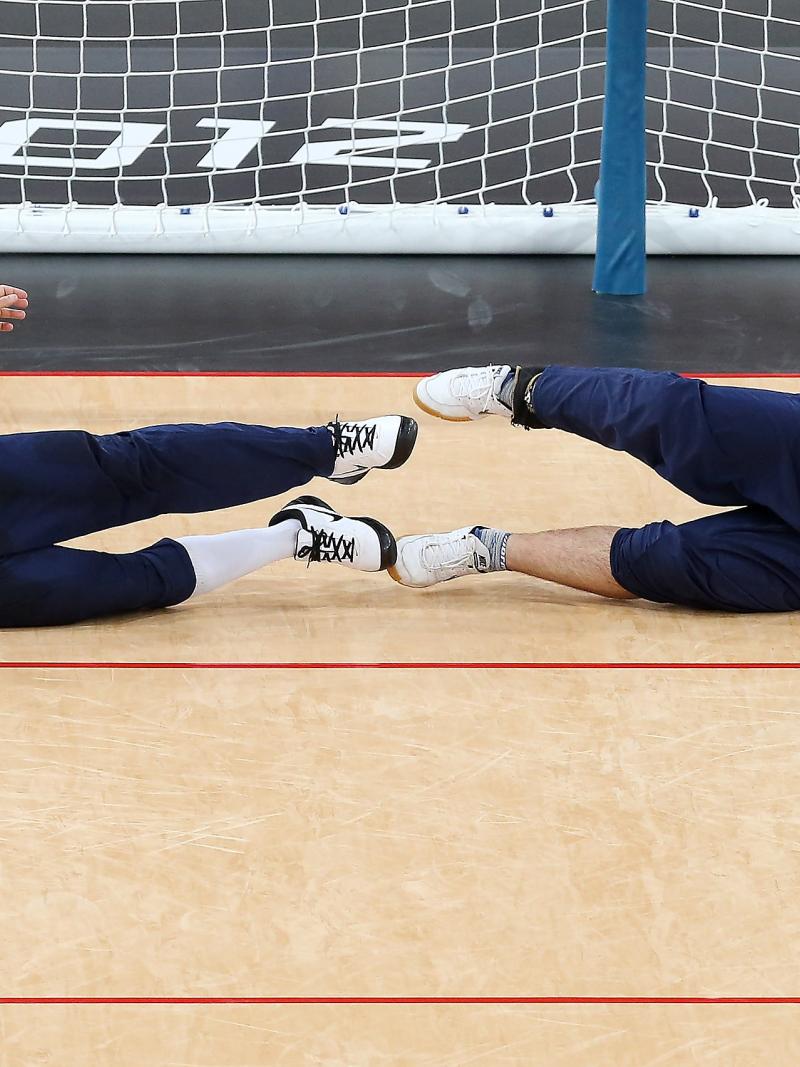NPCs positively progress towards developing para-sport
A total of 12 National Paralympic Committees have carried out the first drive towards improving opportunities and organisation of para-sport at a national level, following the launch of the Agitos Foundation’s Organisational Capacity Programme in February. 21 May 2014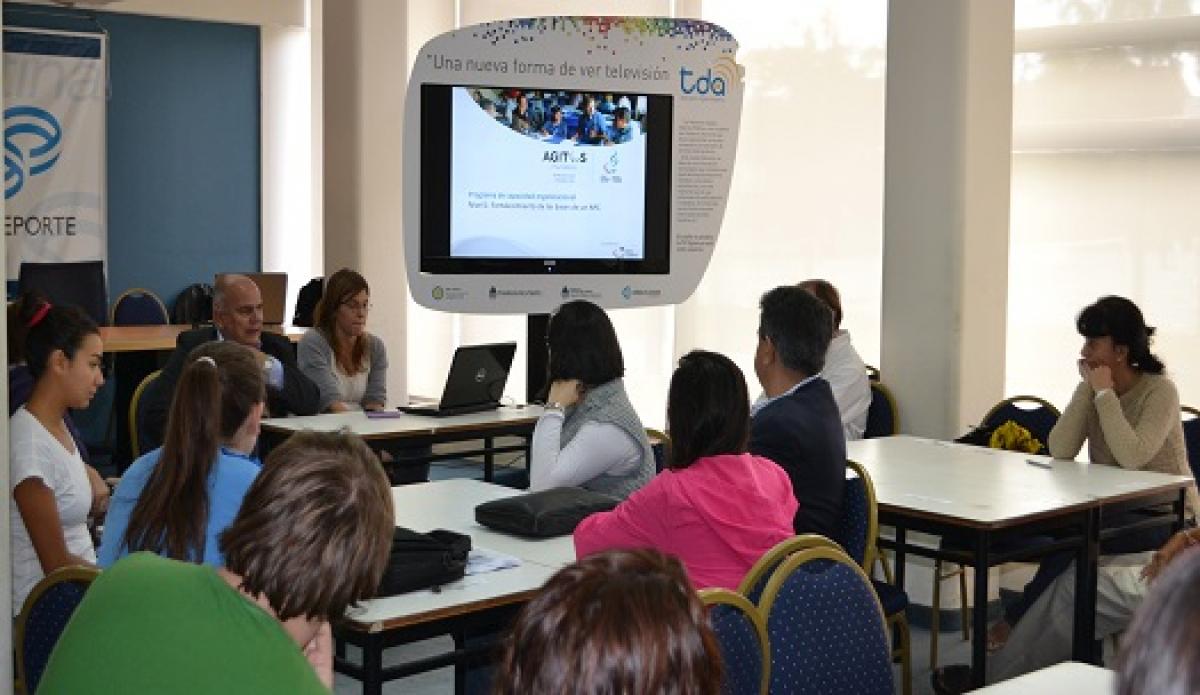
Participants engaged with the Paralympic Movement – Argentina Workshop
“It was a great pleasure to be able to deliver this workshop to start doing something to improve our national Movement."
The aim of the programme, in partnership with the IPC Academy, is to strengthen the capacity of NPCs in governance, management, leadership and sport promotion through the six priority areas of the International Paralympic Committee’s (IPCs) Strategic Plan.
The launch of the programme in February 2014 featured an intensive week of designing and delivering workshops, all under the tutorage of World Academy of Sport trainers through their partnership with the International Rugby Board. Following the workshop in Bonn, Germany, the 12 Programme Leads returned home with the aim of delivering four workshops by the end of 2015 with ongoing support from the Agitos Foundation.
Amongst the first to organise a national activity was Daniela Luchina, who brought 32 managers and coaches from within para-sport in Argentina together to discuss and learn about the Paralympic Movement, organisational capacity and fundraising over two days in April:
“It was a great pleasure to be able to deliver this workshop to start doing something to improve our national Movement. But even more gratifying was to see how new and not that new people in the Movement showed a remarkable commitment in the workshop, and to be a part of this initiative to take to a better level our athletes and Paralympic sports.”
Meanwhile in Sierra Leone, Unisa Deen Karbo organised a session for board members and coaches in the capital Freetown to develop a strategy for attracting more athletes to para-sport. Amongst the topics of discussion was the Movement, stakeholder management and athlete development.
Similar activities has also taken place in the Cameroon, Cape Verde, Ethiopia, Ghana, Haiti, Liberia, Puerto Rico, Serbia, Seychelles, and Vanuatu.
“This workshop is the most significant thing that has happened in the history of the Movement in Ghana,” a participant in an event organised by Ignatius Elletey said.
“This is first ever IPC sponsored event in Ghana, and has given birth to vision and mission statements and organisational structure for the GPC [Ghana NPC] which did not exist before.”
Fiona Paulin gathered feedback from participants in the Seychelles:
“The Organisational Capacity Programme has been an eye opener. It has broadened my knowledge of the Movement, its vision and mission. For Seychelles we now have a better picture as to what our role is!”
Puerto Ricos’s German Perez-Rodrigues believe it has been a turning point for his NPC:
“We are excited, wanting to transform our committee. We have no doubt that the results are already being seen."
In Haiti, which was devastated by an earthquake in 2010, those who attended a workshop through Thony Regis said:
“The workshop was very important for the Haiti NPC because it shows the road to take to find a way to create social awareness and contribute to eliminate barriers for people with impairment.”
The first Organisational Capacity Programme is delivering on its objective to empower NPCs to improve the Movement through local engagement with ongoing support and mentoring provided by the IPC, Agitos Foundation and the IPC Academy. Such partnerships bring to life the sixth strategic priority of the IPC which aims to develop strategic partnerships to broaden the reach of the Paralympic Movement.





